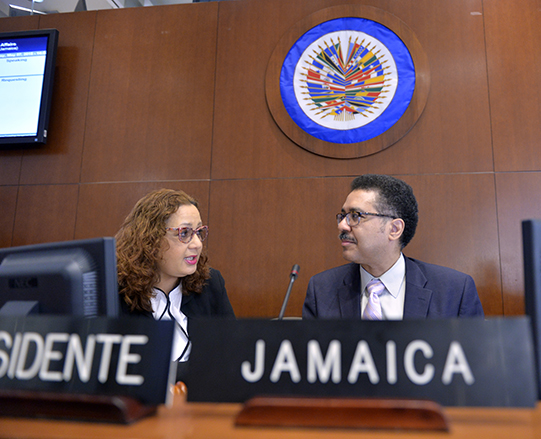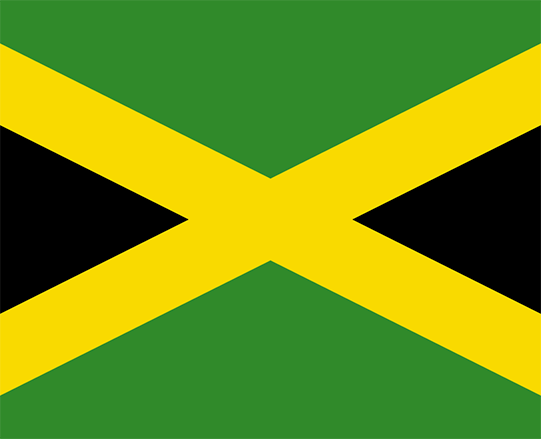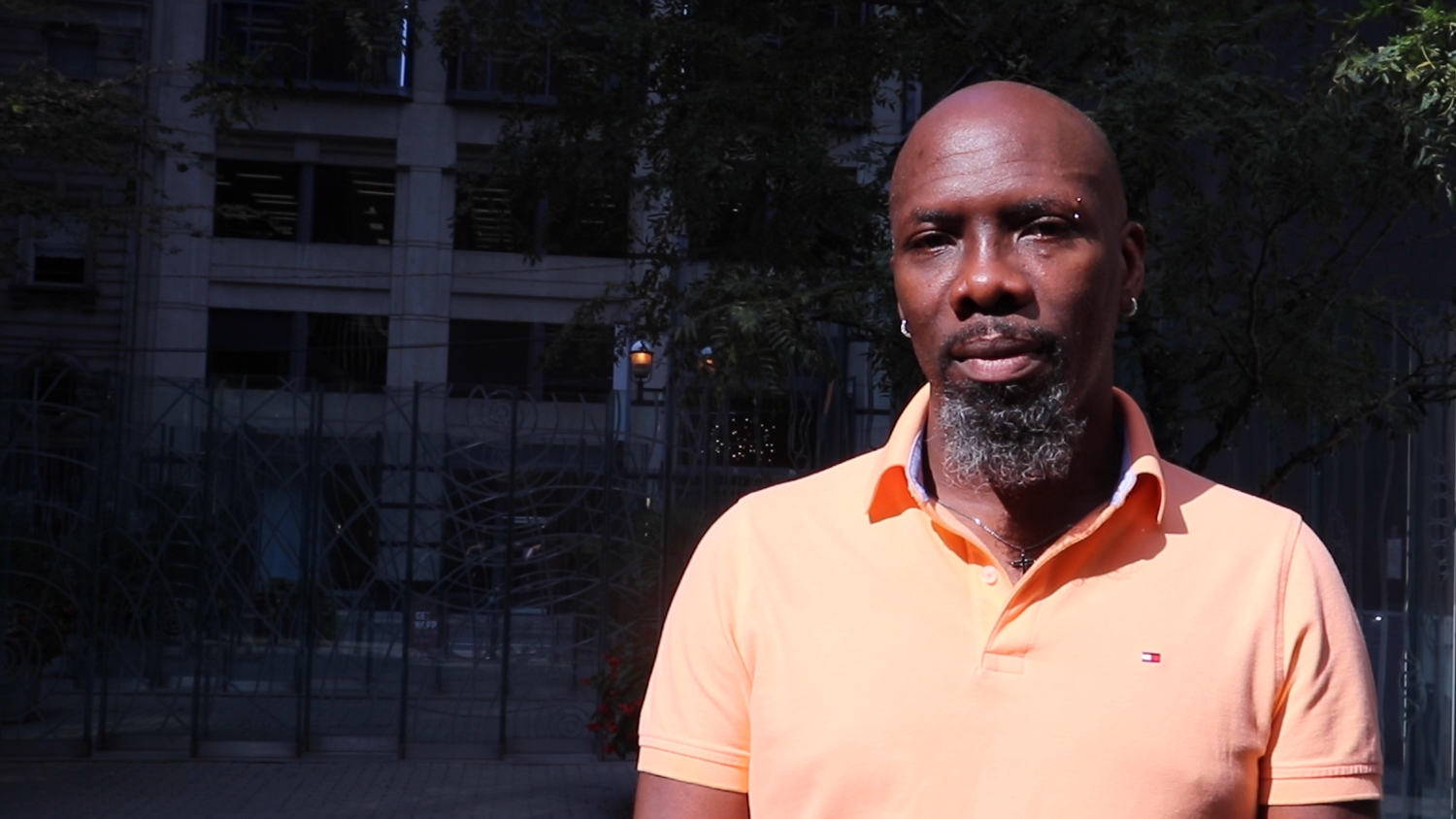
Jamaica: Case Decided by the Inter-American Commission on Human Rights
LGBT human rights defenders from Jamaica challenges the country's homophobic laws at the Inter-American Commission on Human Rights.

In February 2021, the Inter-American Commission on Human Rights found the Jamaican government responsible for violating multiple rights of a gay man and a lesbian and urged an immediate repeal of the country’s homophobic laws. As the first-ever decision of the Commission to find that laws criminalising lesbian, gay, bisexual and transgender (LGBT) people violate international law, this is now the landmark LGBT human rights case for the entire Caribbean region.
The Jamaican claimants in the case, Gareth Henry, a gay man living as a refugee in Canada, and Simone Edwards, a lesbian who was also forced to flee the country, had argued that sections of the 1864 Offences Against the Person Act – a British colonial-era law that outlaws the ‘abominable crime of buggery’ and acts of ‘gross indecency’ with punishments of up to 10 years in prison with hard labour – violate their rights and legitimise violence towards the entire LGBT community in Jamaica.
Watch Téa Braun, Chief Executive of the Human Dignity Trust, Gareth Henry, Jamaican activist Glenroy Murray and the Trust's Board member Conway Blake discuss the decision and what this means for the Caribbean.

LGBT human rights defenders from Jamaica challenges the country's homophobic laws at the Inter-American Commission on Human Rights.

Jamaica criminalises same-sex sexual activity between men. Sentences include a maximum penalty of ten years’ imprisonment with hard labour.

Jamaican activist Gareth Henry and Téa Braun, the Trust's Chief Executive Director, talk about the importance of the decision from the Inter-American Commission on Human Rights condemning Jamaica's criminalisation of LGBT people.